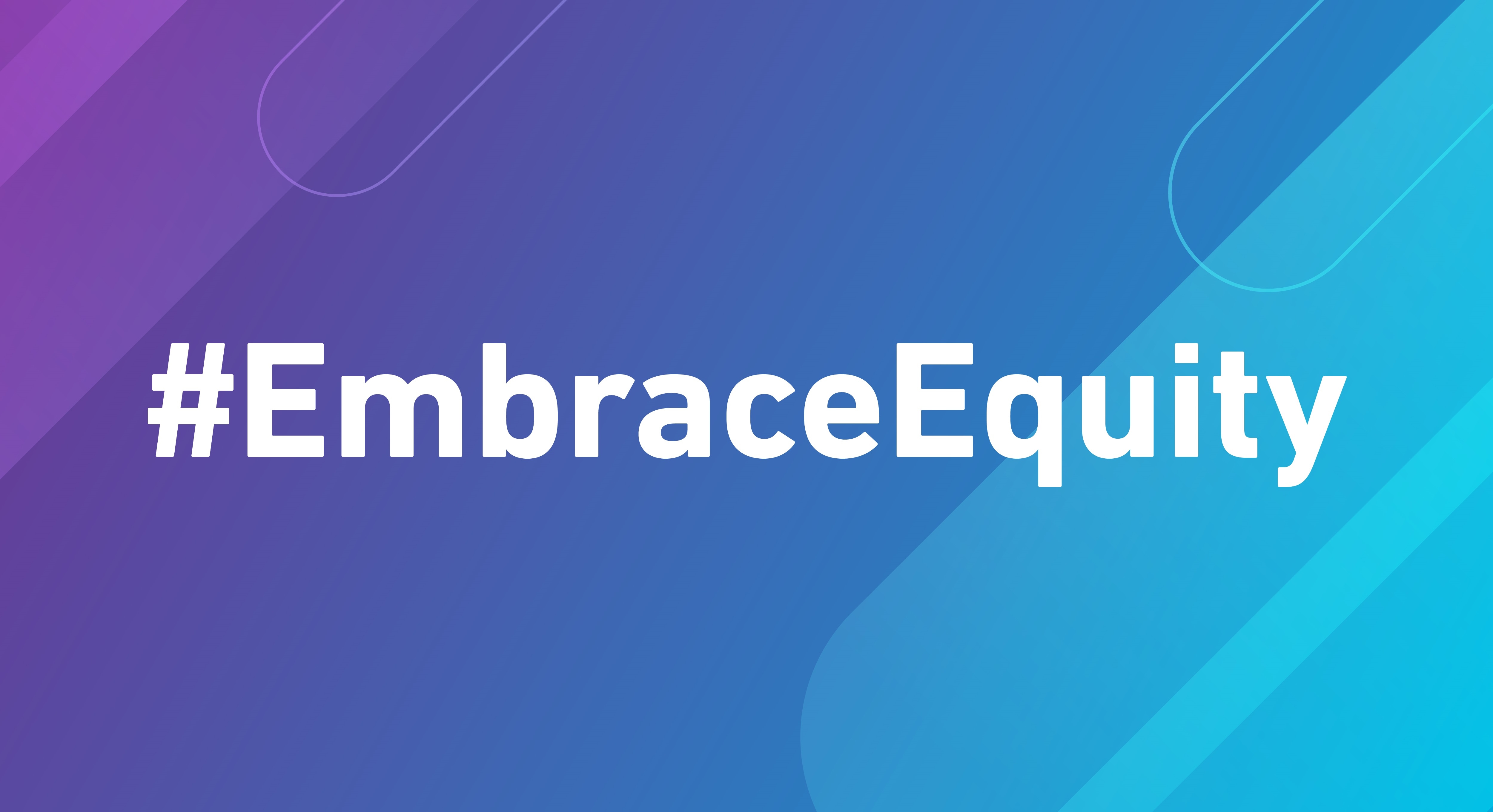Insights
Why Mental Health Matters at Work

We’ve all seen the recent headlines about mental health.
May 2022
There have been increases in anxiety and depression, the demand for therapy services is up, and there are reports of heightened levels of stress. These are understandable trends amid the upheavals of a global pandemic, racial injustice, political chaos, rising economic insecurity and, most recently, the largest war Europe has seen in generations.
It’s a lot to process, isn’t it? (Breathe in, breathe out.)
There is one positive trend I’ve seen, though: We’re talking more openly than ever before about mental health — not just at home but in the workplace, too.
The crises of the present moment have fueled a wave of frank conversations about mental health and how it connects to our well-being. As a result, workplace culture now seems to be at a crossroads, one that could lead to far more supportive — and financially sound — policies around mental health. In light of Mental Health Awareness Month, which runs throughout May, it’s worth noting how companies and employees are rising to the challenge.
Understanding Mental Health
Mental health shapes how we live, from our thoughts, feelings and actions to our decision-making abilities and relationships with others. Just like physical health, mental health is an essential that everyone should pay attention to, not just people experiencing mental illness.
But still, it is painfully common to hide psychological struggles on the job, in part because of damaging misconceptions. People often assume, for example, that if someone is mentally ill, they’re stuck with a permanent condition. That’s simply not true. Some mental health challenges can be short-lived or temporary. And even if they’re longer lasting, many can be managed successfully with medication and other forms of treatment.
We’re talking more openly than ever before about mental health — not just at home but in the workplace, too.
In the workplace, the costs of hiding or avoiding treatment for mental illness can be steep. Workers can suffer in silence, feeling overwhelmed as they struggle to meet deadlines and maintain good relationships while navigating legitimate health problems. Those struggles can translate into higher absenteeism and lower productivity, which can harm both an individual’s professional development and a company’s bottom line.
Workplace Resources Can Make All the Difference
One of the best ways companies are tackling this important issue is by promoting more dialogue. Mental health literacy trainings and awareness campaigns can destigmatize mental illness and show people how to discuss it honestly and respectfully. If you’re a leader or manager who has overcome mental health obstacles, you can model the inclusive workplace you want to see by sharing your own story, including what you’ve learned along the way.
Likewise, many companies offer benefits to help employees access mental as well as physical health services. At State Street, we give employees a variety of offerings so they can choose what’s best for them. We offer an employee assistance program with multiple free sessions, access to counseling apps such as Talkspace and Ginger in the US, and a healthcare representative dedicated to helping employees find in-network providers based on their needs.
Our Mental Health Ambassadors — a team of employees passionate about this topic — offer added support, as does our Critical Incident Team, which can coach managers or sites on how to navigate the aftermath of something traumatic. We also encourage employees to prioritize self-care, whether through counseling, rest or hobbies.
Mental health can seem like a complicated and sometimes daunting topic to tackle at work. But it’s far riskier to ignore it.
This Mental Health Awareness Month, let’s all recommit to embracing and supporting our colleagues’ mental health needs — and our own, of course.
(Another deep breath in, deep breath out.)

Kim Bruno
Global Head of Benefits
State Street
